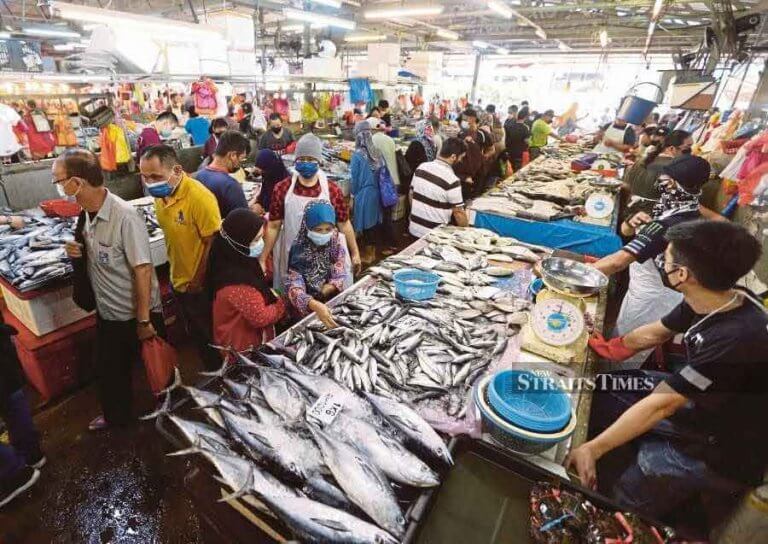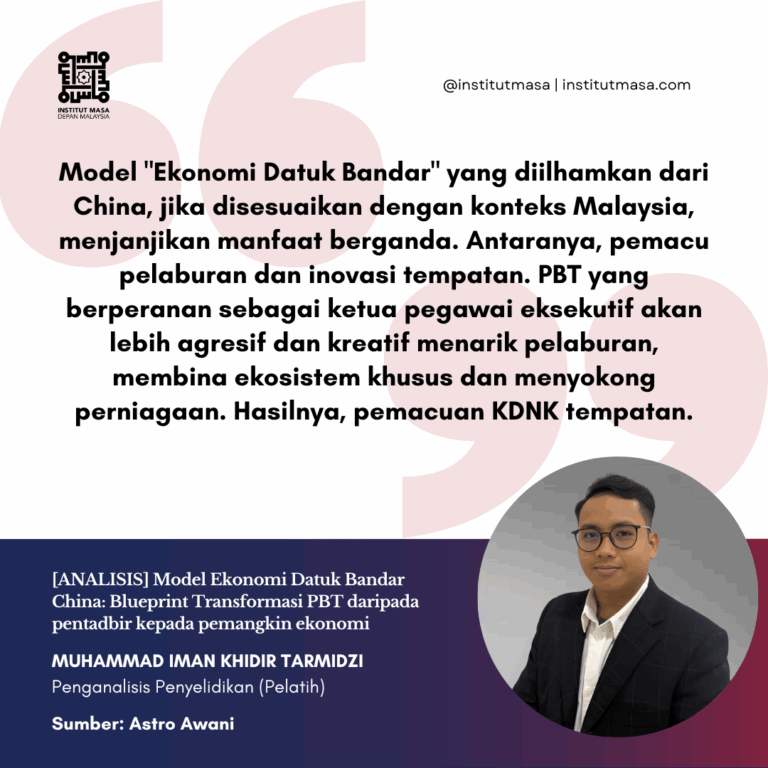IN 2016, the United Nations General Assembly (UNGA), cognisant of the uneven implementation of the eight Millennium Development Goals (MDGs) adopted in 2000, decided that it would be succeeded by the Sustainable Development Goals (SDGs).
Malaysia, always having in mind the need to uphold shared values in human rights, was one of the nations that voted in favour of adopting the resolution.
More targets were added in another UNGA resolution adopted in July 2017. Of these, the number one SDG is to end poverty in all its forms and further refined to include the lack of food, clean drinking water and sanitation in all parts of the globe.
On Sunday, we celebrate the 25th International Day for the Eradication of Poverty that was first marked in 1987, indicating that poverty eradication was a priority of the international community even then.
Now, the aim has only grown in importance, given our much larger global population compared with the 1980s and the globalisation that has occurred since.
Institut Masa Depan Malaysia has always supported the goal of eradicating poverty in all forms.
When the SDGs were adopted in 2016, it was recognised that making poverty history must consider the prevailing circumstances in which this noble goal is sought to be achieved, namely climate change and the cultures involved.
Now, however, we are in another circumstance not present when the SDGs were first adopted, namely the outbreak last year of Covid-19 which has claimed millions of lives.
The pandemic forced governments to take action to mitigate the spread of this virus, affecting businesses, forcing thousands to close and putting many out
of work, resulting in rising poverty, frustrating efforts at making poverty history.
In Malaysia, according to the latest numbers from the Department of Statistics, the absolute poverty rate rose to 8.4 per cent from 5.6 per cent last year and an additional 12.5 per cent of households had incomes of less than RM2,500 in the same year.
Meanwhile, 20 per cent, or 580,000 households, of the Middle 40 per cent group with an income of between RM4,850 and RM10,959 moved to the Bottom 40 per cent group. Top 20 per cent households were also affected, with 12.8 per cent moving into the M40 group.
This indicates that only seven per cent of households remain in the T20 group, while the M40 group has only 33 per cent of households, with a staggering 60 per cent of households now in the B40 group. This means the challenge is to reduce further those still stuck in the B40 group and improve the lives of the M40 group.
Multiple measures and policies should be considered and adopted to this end, including enhancing the provision of basic needs such as food and shelter.
The authorities should actively facilitate the setting up and management of businesses and create more economic opportunities for people to either take up jobs or start a business.
According to the summary of the Household Income and Estimates and Incidence of Poverty Report 2020, the federal and state governments have a crucial role to play in improving the income of households post-pandemic.
This is seen in the priorities set by the National Recovery Council (NRC) chaired by former prime minister Tan Sri Muhyiddin Yassin.
Malaysia has reached an inoculation rate of more than 90 per cent of the adult population, restrictions on movement and economic activities are being lifted, and we are moving out of the containment phase into the recovery phase of the NRC roadmap.
We can now focus not only on reversing the economic damage done by the pandemic, but also resuming our goal of eradicating extreme poverty.
Poverty impacts the whole of society and we must all come together, regardless of political, religious or ethnic differences, to increase the collective wealth of our nation.
Due to the wise planning of Muhyiddin and the NRC to rehabilitate and rejuvenate every economic sector, Malaysia is well poised to make poverty history.
The writer is the chief executive officer of Institut Masa Depan Malaysia, a Kuala Lumpur-based independent think tank that brings together experts in government and academia to provide quality research, policy recommendations and analysis on a full range of public policy issues guided by the shared prosperity values
Date: 14 October 2021
Source: New Straits Times – https://www.nst.com.my/opinion/columnists/2021/10/736284/
Image from: https://assets.nst.com.my/images/articles/14nt12pasar_1634141413.jpg




